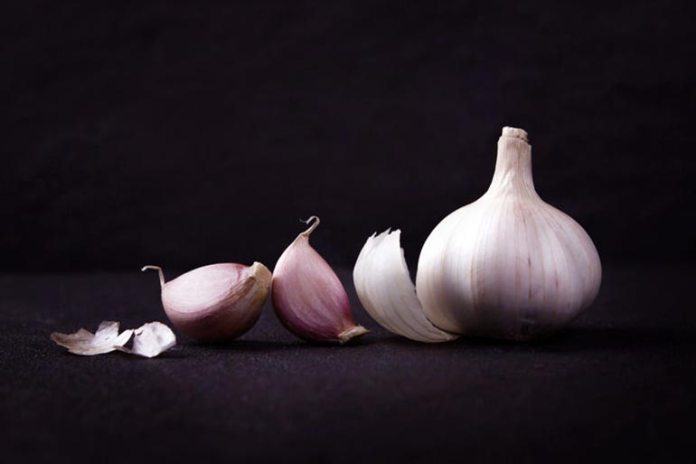Hepatitis is a condition that causes an inflammation in the liver. This condition is most commonly caused due to hepatitis viruses – A, B, C, D, and E – that cause damage to the liver. Hepatitis A and E do not cause chronic hepatitis. However, hepatitis B, C, and D can cause both acute and chronic illnesses.
Acute hepatitis can be treated at home using a few effective natural remedies. These home remedies should be taken only after the approval of a health professional.
7 Home Remedies To Protect Liver Damage By Hepatitis
1. Green Tea

Green tea can be used to protect the liver due to the presence of antioxidants. The presence of the powerful antioxidant catechin can repair cells that may have been damaged due to toxins in the body. It is advised to drink green tea three times a day on a regular basis. However, this should be only a complementary treatment along with the conventional medical treatment.1
Results of a study show how green tea catechin called epigallocatechin-3-gallate (EGCG) can inhibit hepatitis C virus.2
2. Garlic

Garlic protects the liver by deactivating liver toxins and helps in detoxifying the liver. It can be used to improve the functions of the liver. Garlic is also rich in sulfur that can help with the functioning of the liver. Results of an animal study also prove that aqueous extracts of garlic can reduce the hepatitis damage caused to the liver.3
3. Licorice

Glycyrrhizin, a component found in licorice, is found to be good for treating the liver damage caused by hepatitis.4 Using licorice is known to improve liver function with occasional complete recovery from hepatitis.
Mixing honey and licorice and consuming it once daily can help ease the discomfort caused due to hepatitis.
4. Turmeric

Turmeric has antioxidant and anti-inflammatory properties that can help improve the functions of the liver and can also help reconstruct damaged cells.5 Studies have also shown how turmeric can inhibit the entry of hepatitis C virus in human liver cells.6
You can use turmeric powder with yogurt to help protect the liver. Mix 10 grams of pure turmeric powder with 50 grams of pure yogurt and divide it into two equal parts. Drink one part in the morning and the other in the evening for about 15 days.
5. Milk Thistle

Milk thistle is a good remedy for protecting the liver. Some experts claim that milk thistle can relieve congestion in the liver, spleen, and kidneys. It may also protect the liver by acting as an antioxidant and preventing toxins from injuring liver cells. This can be taken as a tablet in concentrated, powdered extract form.7
6. Dandelion Tea

Dandelion tea is good for cleansing the liver and the bloodstream. Drinking dandelion tea twice a day is good for improving the functions of the liver. Boiling dandelion roots in water and drinking the extract is also a good home remedy for any liver damage.8
7. Flax Seeds

Consuming flax seeds can help in improving the functions of liver. The liver removes or eliminates hormones that circulate in the blood. A compound called phytoconstituents found in flax seeds prevents the hormones from being distributed in the blood, thereby reducing stress on the liver.
For optimal liver cleansing, take two tablespoons of high-quality, cold-compressed flax seed oil as part of your diet. You can also sprinkle one to two tablespoons of freshly ground flax seeds on your food. It is advised not to cook flax seeds or flax seed oil.
Tips To Prevent Hepatitis
- It is important to have balanced meals. Eat lots of fruits and vegetables and whole-grain cereals, breads, and grains.
- Drink lots of fluids.
- Avoid fatty, salty, and sugary foods and alcohol.
- Maintain a healthy weight.
- Wash your hands thoroughly after using the washroom.
- Avoid sharing personal items like toothbrush, razors, or nail clippers with an infected person.
It is always important to try home remedies after the approval of a health professional. Do not begin any remedy without the guidance of a doctor.
References





